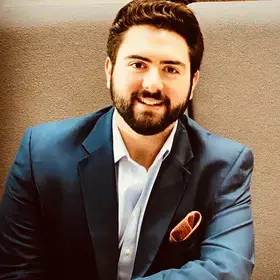What led you to go back to school to study Negotiation and Conflict Resolution (NECR)?
Prior to attending Columbia, I was working in the medical device industry as a District Manager. I had over 15 years of medical sales experience and was feeling ill-equipped to handle the radical changes occurring in the health care industry. Although I had an M.B.A., I felt it was necessary to continue my training in order to move beyond the frequent impasses occurring both internally (my company) and externally (customers).
How did your interests develop in the course of your studies?
I spent a lot of time trying to better understand how we prepare for negotiations when information is not readily available and alternatives are limited. This focus helped me dissect and better understand that the key to a successful negotiation requires a level of dynamism allowing flow in and out of different approaches rather than getting stuck in a one-dimensional way of thinking.
Were there classes that were particularly influential?
All of them! I enjoyed every aspect of the program. However, if I had to make a choice, I would select classes such as Advanced Negotiation and Understanding Conflict and Cooperation because of the detail around models and theories such as CMM (Coordinated Management of Meaning) and DST (Dynamical Systems Theory).
You started a business with a fellow alumni of the program. Tell us about how this came about.
Both Adi (Aditya Jha) and I spent a fair amount of time sharing our war stories about our respective careers and industries. We were both surprised by some of the similarities, and we identified areas of opportunity, which then became the starting point of our company Negotiated Solutions Inc. (NSINC).
Have you been able to apply your learning in the program to your current work?
One hundred percent. Our firm Negotiated Solutions Inc. focuses on helping companies prepare for negotiations and overcome obstacles that are getting in the way of success. We help our clients develop sustainable strategies that are aligned with their company’s long-term goals and vision. We do this through a preparation process that takes complex information and simplifies it so we can help them clearly in identifying alternatives and making the best business decisions.
What advice do you have for people considering a career change or are interested in this field?
- Be patient!
- Take time to identify those who are doing what you want to do, and work to thoroughly understand their process.
- Embrace your training from Columbia and let it inform interactions in a way that betters the world.
- Be willing to take reasonable risks. Challenge yourself to stay focused and positive.


